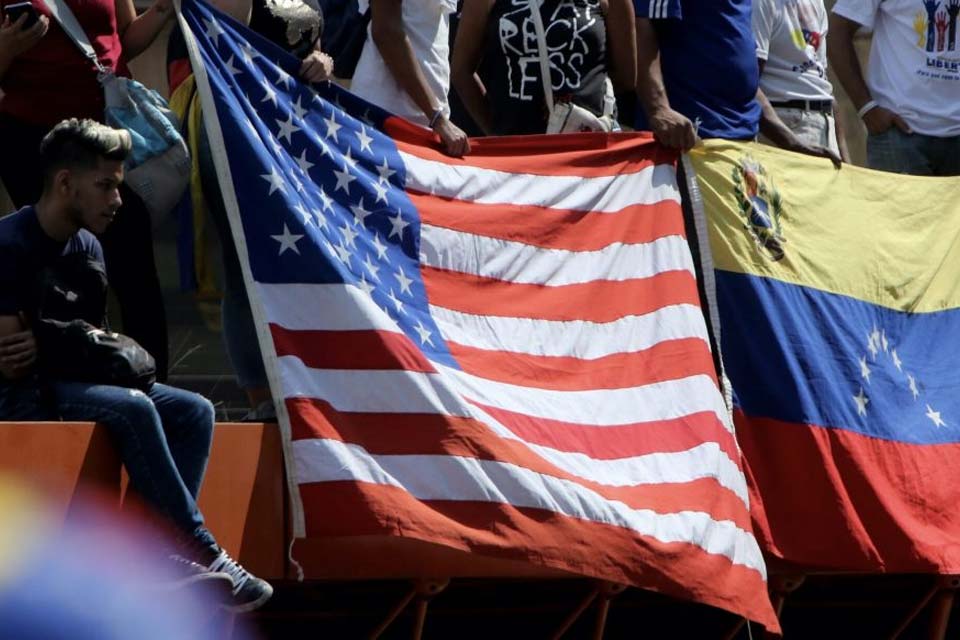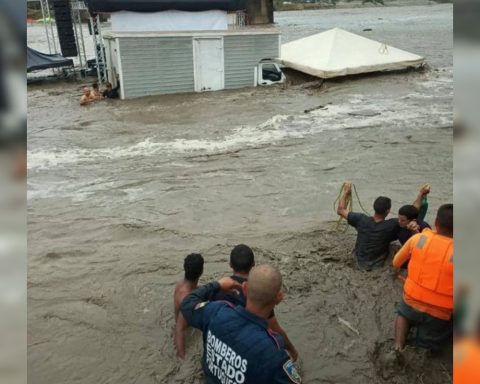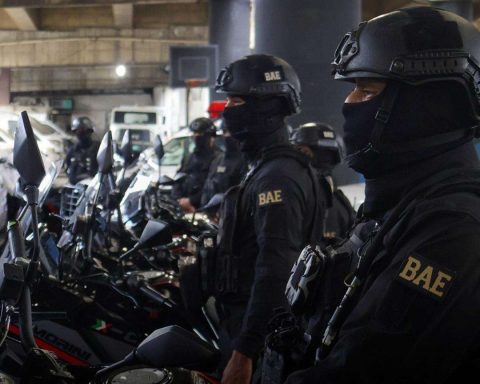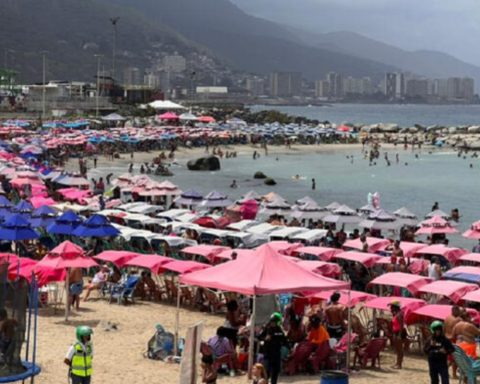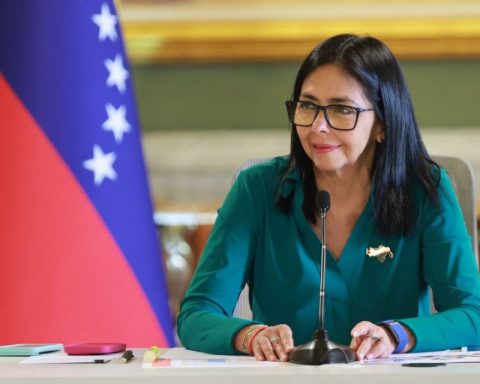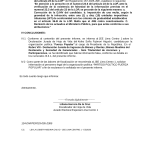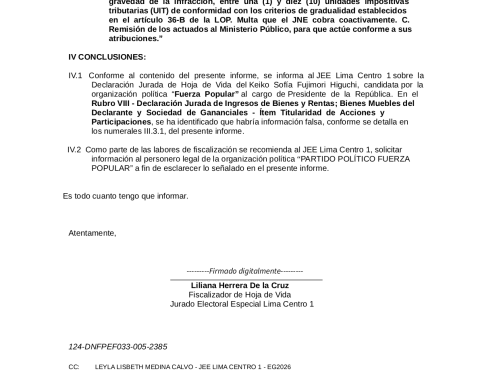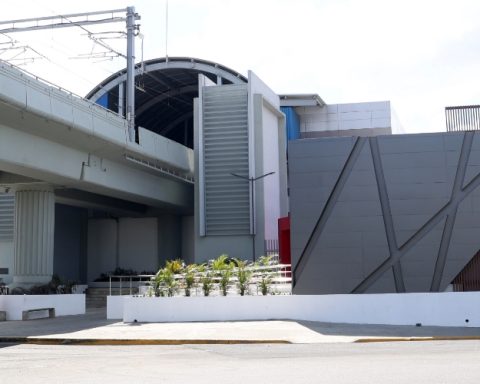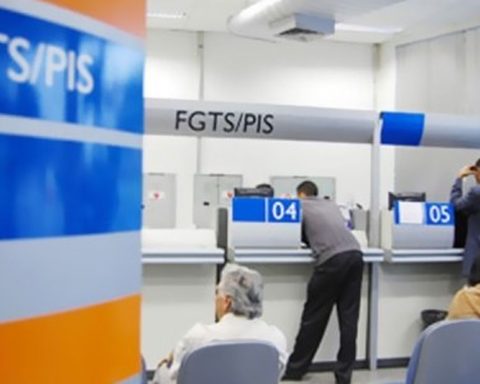A spokesperson for the US Department of Homeland Security (DHS) reported that up to March of this year, a total of 72,500 people had been registered as legally admitted through humanitarian parole. Nearly 15,000 Cubans, 18,000 Haitians and 7,500 Nicaraguans also entered the North American nation from January to March.
Around 72,500 people entered the United States (USA) legally through the humanitarian parole program. Of the total, at least until March, 32,000 were Venezuelans. This was reported on Friday, April 28, by a spokesperson for the Department of Homeland Security (DHS).
The humanitarian parole, promoted by the Joe Biden administration, grants since October 2022 a travel authorization and residence permit for two years to Venezuelans. The measure was extended to three additional countries (Haiti, Cuba and Nicaragua).
*Also read: Panama and the US undertake humanitarian exercises in Darién and other indigenous areas
About 15,000 Cubans, 18,000 Haitians and 7,500 Nicaraguans also entered the US nation from January to March.
The spokesman reported that through the parole, the US government established a limit of 30,000 applications that would be approved for the four nationalities. Until March, the US government approached that number of applications processed with 22,755 approvals.
In preparation for the end of Title 42 on May 11, the DHS announced Thursday that the humanitarian parole program would continue to be applied to Venezuelans, Haitians, Cubans and Nicaraguans.
“Encounters at the border with people of these nationalities have plummeted since the program was implemented,” the agency said. The average number of arrests every seven days fell from 1,231 in January to 339 in March.
This continuation will include the intention of the US to return to Mexico people who do not apply to the process from their native countries and do not establish a legal basis to remain in the country.
Mexico agreed to accept up to 30,000 expulsions per month, reported VOA.
Post Views: 51
